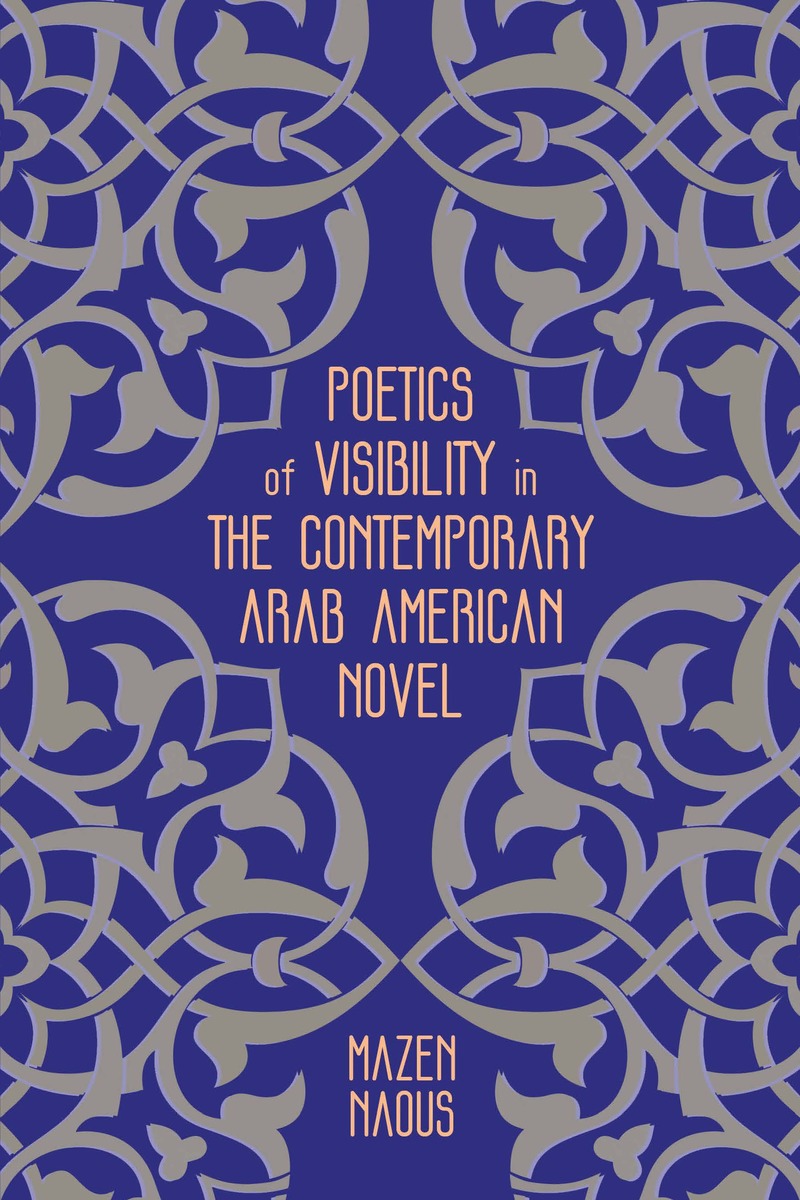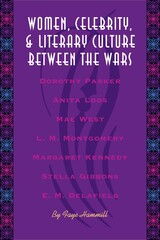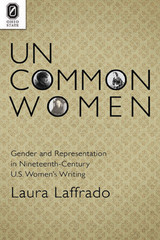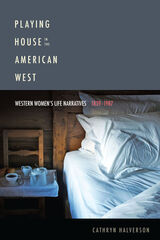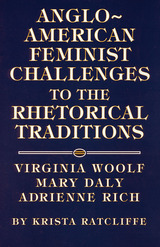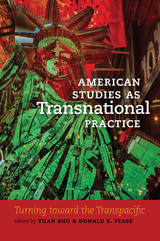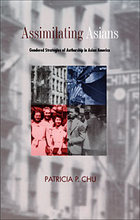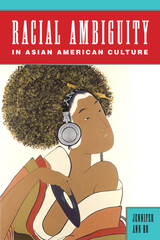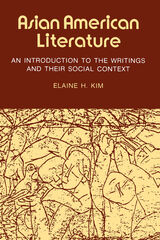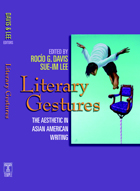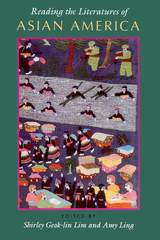Poetics of Visibility in the Contemporary Arab American Novel
The Ohio State University Press, 2020
Paper: 978-0-8142-5576-6 | eISBN: 978-0-8142-7774-4 | Cloth: 978-0-8142-1429-9
Library of Congress Classification PS153.A73N38 2020
Dewey Decimal Classification 811.50953
Paper: 978-0-8142-5576-6 | eISBN: 978-0-8142-7774-4 | Cloth: 978-0-8142-1429-9
Library of Congress Classification PS153.A73N38 2020
Dewey Decimal Classification 811.50953
ABOUT THIS BOOK | AUTHOR BIOGRAPHY | REVIEWS | TOC
ABOUT THIS BOOK
How might art disrupt Arabophobia and Islamophobia in the US? In Poetics of Visibility in the Contemporary Arab American Novel, Mazen Naous argues that fiction is one of the ways in which Arab Americans can correct dominant narratives of themselves with representation of their lived realities. Looking at both the aesthetics and politics in contemporary Arab American novels, Naous demonstrates that the novels’ poetics cannot be extricated from or subsumed under political content. In his finely textured analyses of form and style, Naous uncovers crucial transcultural and transpoetic solidarities that extend beyond the politics of representation.
Naous’s book offers analyses of Diana Abu-Jaber’s Arabian Jazz and Crescent, Rabih Alameddine’s Koolaids: The Art of War, Laila Halaby’s Once in a Promised Land, and Mohja Kahf’s The Girl in the Tangerine Scarf as ways to answer this question. Naous explores how these novels negotiate queer desire, music, Western and Middle Eastern art, gender, and relationships between other minorities. These poetics enable readers to see the nuance and richness of Arab American experience. Naous ultimately argues that fiction creates crucial spaces for reimagining and redefining intercultural relationships.
Naous’s book offers analyses of Diana Abu-Jaber’s Arabian Jazz and Crescent, Rabih Alameddine’s Koolaids: The Art of War, Laila Halaby’s Once in a Promised Land, and Mohja Kahf’s The Girl in the Tangerine Scarf as ways to answer this question. Naous explores how these novels negotiate queer desire, music, Western and Middle Eastern art, gender, and relationships between other minorities. These poetics enable readers to see the nuance and richness of Arab American experience. Naous ultimately argues that fiction creates crucial spaces for reimagining and redefining intercultural relationships.
See other books on: Comparative Literature | Identity (Psychology) in literature | Marginality, Social, in literature | Middle Eastern | Visibility
See other titles from The Ohio State University Press
